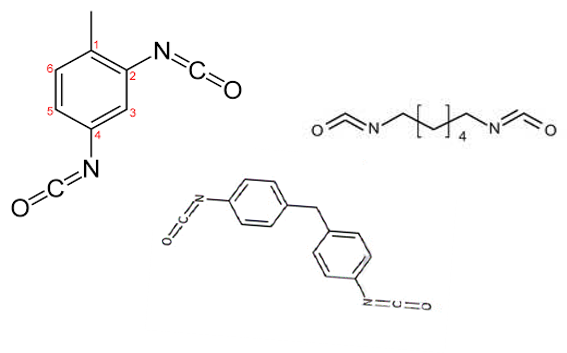Occupational Health & Safety, especially in production processes, play a crucial role in ensuring the health and lives of employees, as well as preventing accidents and occupational diseases.
Together with OHS inspectors, we provide comprehensive support in the field of OHS (Occupational Health and Safety) for all types of economic activities, and our offerings are always tailored to the client’s needs:
•Training and instruction (including specialized training for employees performing work at heights, aluminum welding, etc.)
•Supervision
•Safety audits
•Continuous improvement process using behavioral safety techniques
•Ergonomics of work
•Personal Protective Equipment (PPE) selection
Special processes and other particularly difficult or hazardous processes are characterized by high and specific risks, such as handling chemical substances, operating machinery with an elevated potential for danger, working at heights, working in extreme conditions, or in areas at risk of explosions.
We support our clients at every stage of the manufacturing processes, taking into account specific requirements. For instance, as one of the first in Europe, we conduct on-site training:
Safeuse of diisocyanates
The training mentioned complies with the requirements specified in Commission Regulation (EU) 2020/1149 of August 3, 2020, amending Annex XVII to Regulation (EC) No 1907/2006 of the European Parliament and of the Council concerning the registration, evaluation, authorization, and restriction of chemicals (REACH) regarding diisocyanates. This training is conducted in a classroom setting by certified occupational health and safety specialists in the Polish language. It is designed for all employees who may come into contact with diisocyanates, covers both theoretical and practical aspects, concludes with an examination, and results in the issuance of a training completion certificate.
The training on the safe use of diisocyanates is conducted at three levels, in accordance with the regulation: general training, intermediate-level training, and advanced-level training.
